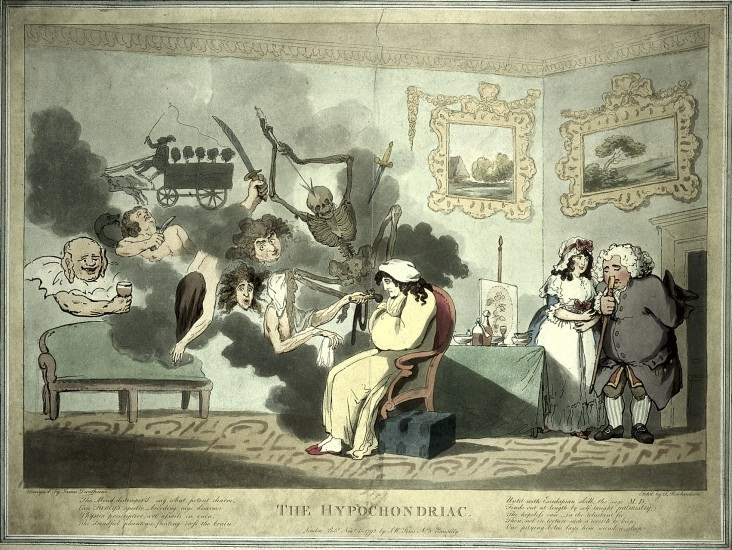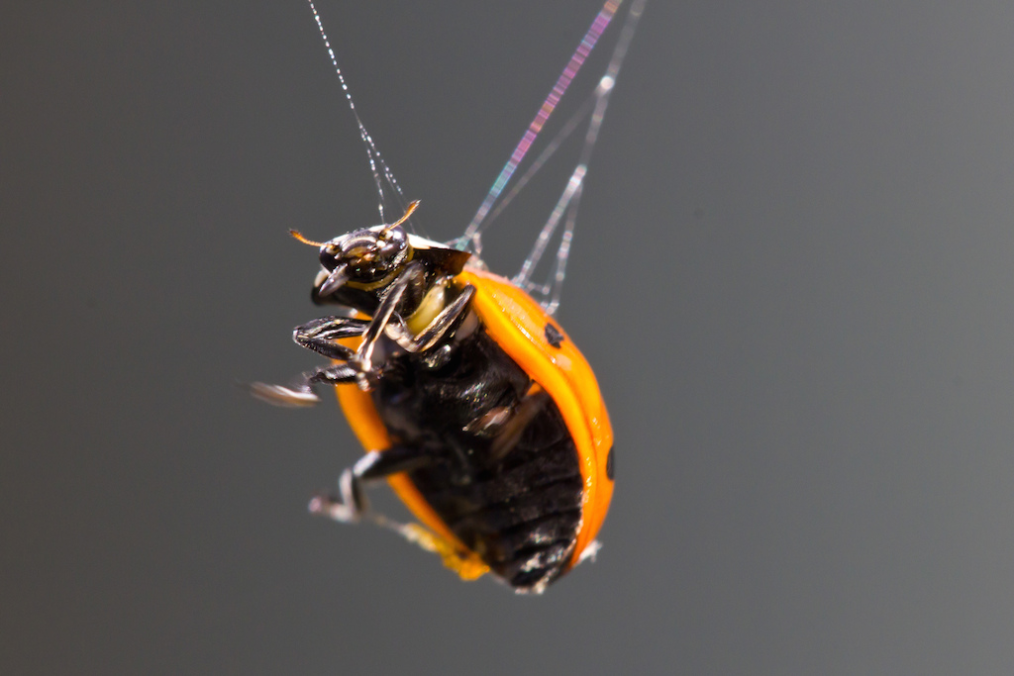We are happy to share an interview with the Head of Psychiatry of the UMCG, Prof. Robert Schoevers, by one of our own students, Alexander Pietrus-Rajman, as it appeared in the 97th issue of the BCN Newsletter.
Some people worry excessively about their health and can be diagnosed with health anxiety. While the treatment of health anxiety is generally effective, the nature of the treatment has changed significantly in the past few decades. My literature review suggests we should not only try to innovate, but also replicate.
Normally, grieving is a natural process and does not require treatment by psychologists. However, when someone dies in a violent way, the grief process for the bereaved can become complex, and resilience and social support are often not enough. Unfortunately, even though effective psychological interventions are available, most bereaved are not treated on time. This also applies to relatives of the victims of MH17-crash in Ukraine last July.
Do infants retain traumatic experiences that lie at the root of later psychopathology? Recent literature on infant memory suggests that retention of everyday stimuli can be prolonged by presenting frequent reminders. Whether this justifies searching for and treating preverbal trauma in older children and adults is a different matter.
Though the winter solstice and Blue Monday have passed, the winter’s midpoint has not. These days you may wake up when it is still dark, or darkness has set in again by the time you leave school or work. Even so, the days are rapidly lengthening. How does this affect your mood?
Why be afraid of fear? What are mental disorders? And how can patients be empowered to become their own doctors? Such questions were discussed in the Studium Generale series on “Everyday Madness”.
Mental health problems have become a topic of public debate. Last month, a Studium Generale lecture series addressed the situation in the Netherlands and beyond.
Patients with Dissociative Identity disorder (DID) have problems in retrieving specific memories from their personal past. Interestingly, this overgeneral memory retrieval does not differ between patients’ multiple identities.
Habits are hard to change, as illustrated in Plato’s quote that “The first and best victory is to conquer self”. Mindfulness meditation has begun to be studied as a way to counteract detrimental mental habits. We examined whether mindfulness would delink the relation between alcohol impulses and alcohol use.
Though disgust is a universal emotion, little is known about how it emerges. It is assumed that disgust primarily helps us avoid contaminants and diseases. However, disgust responses are not always adaptive. For example, people with a phobia may experience extremely high levels of disgust.








